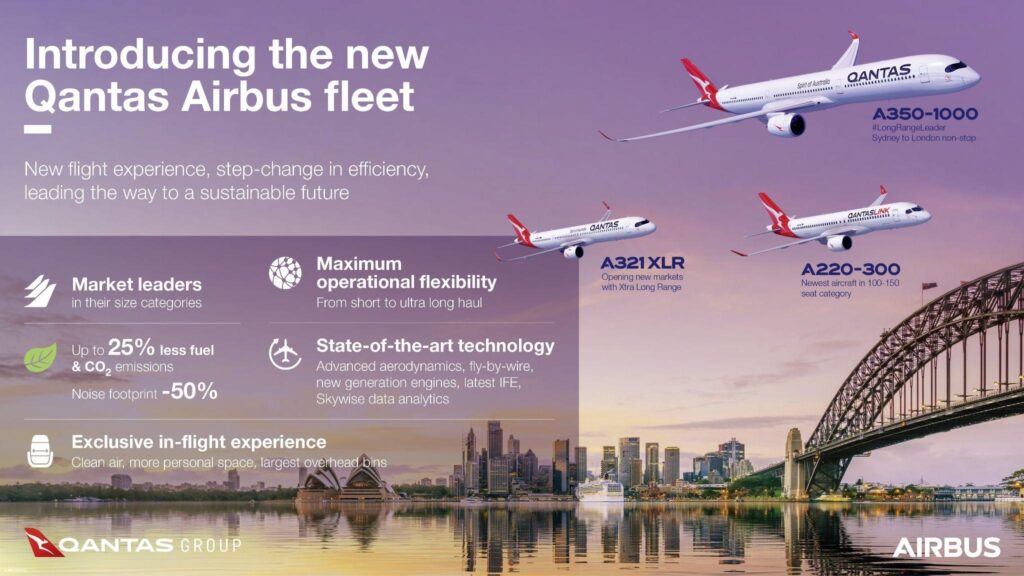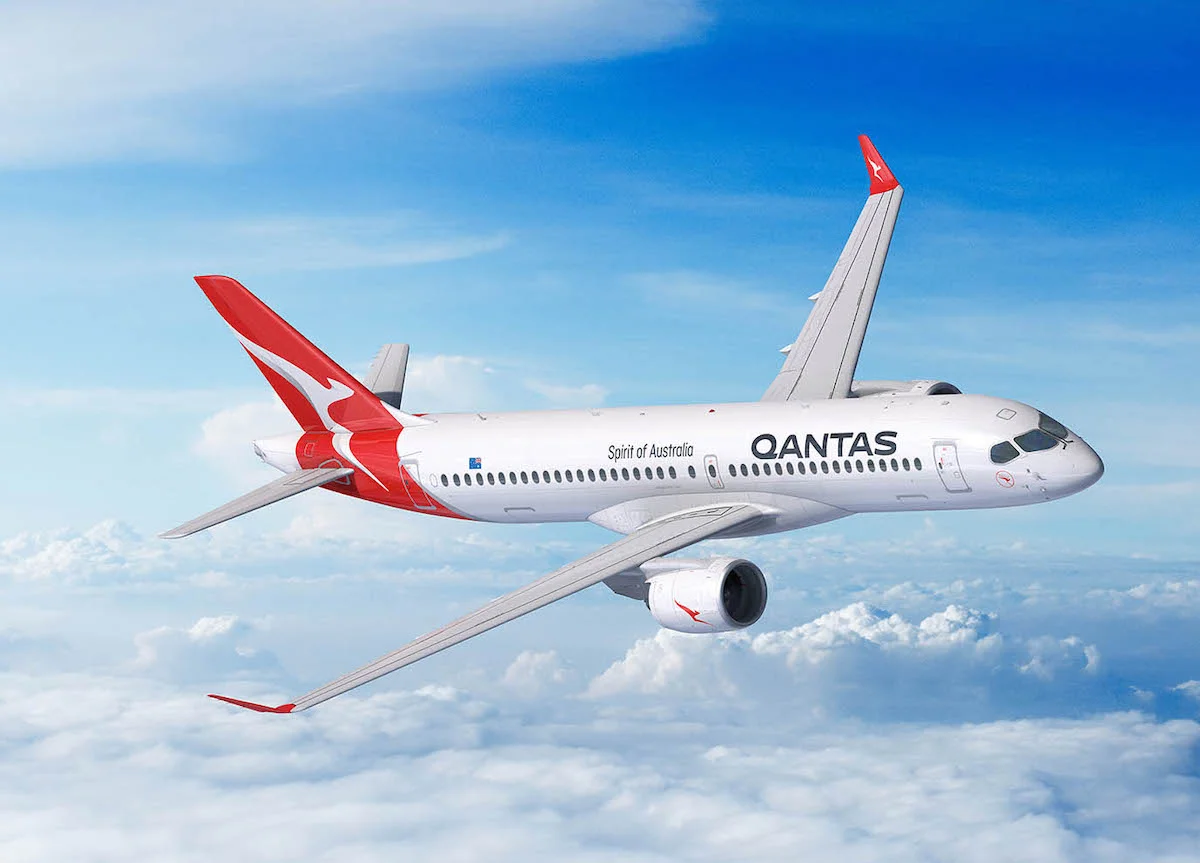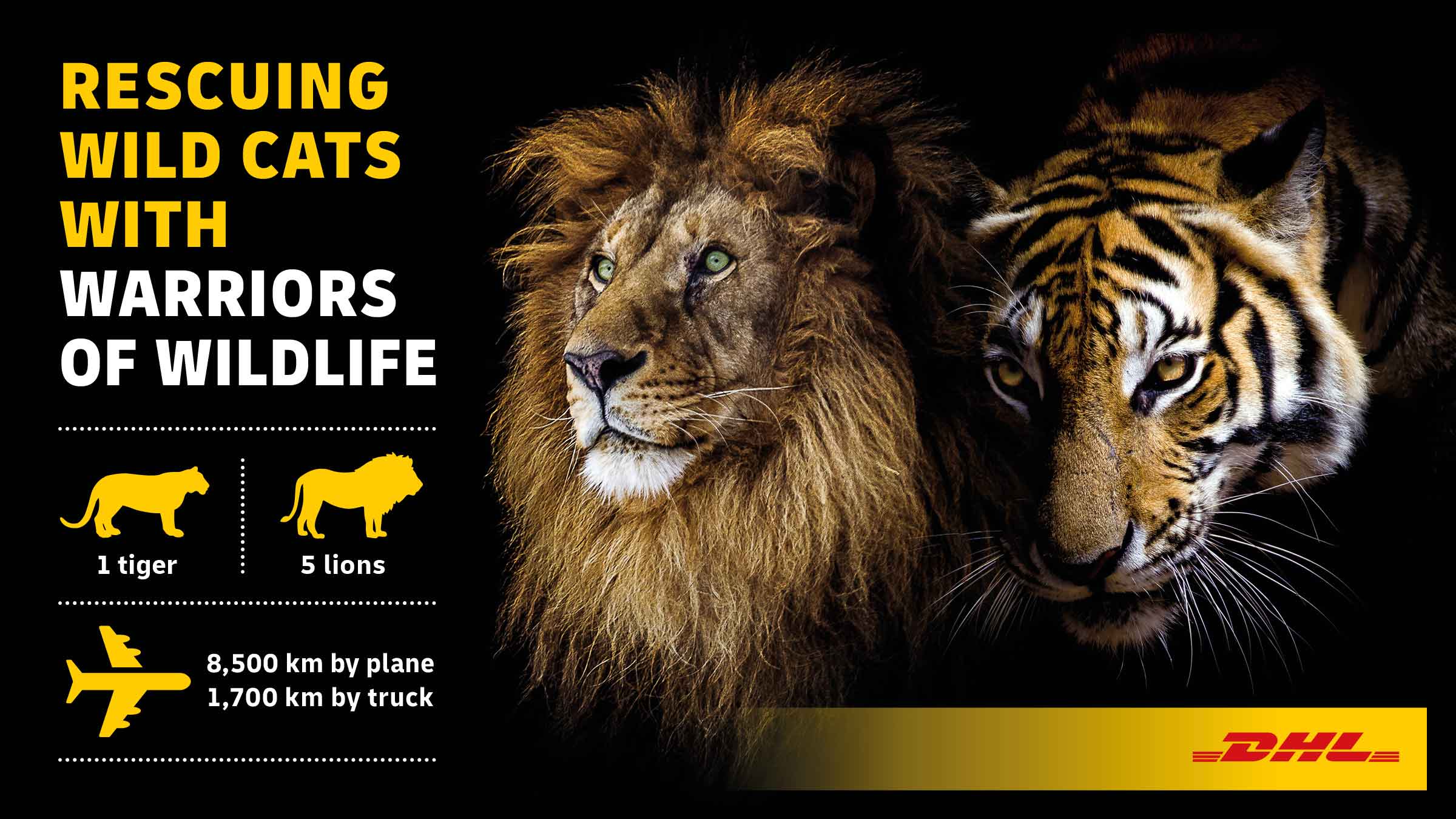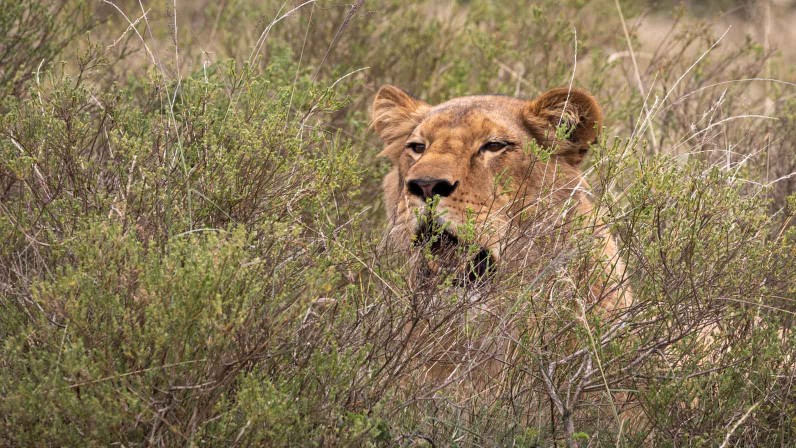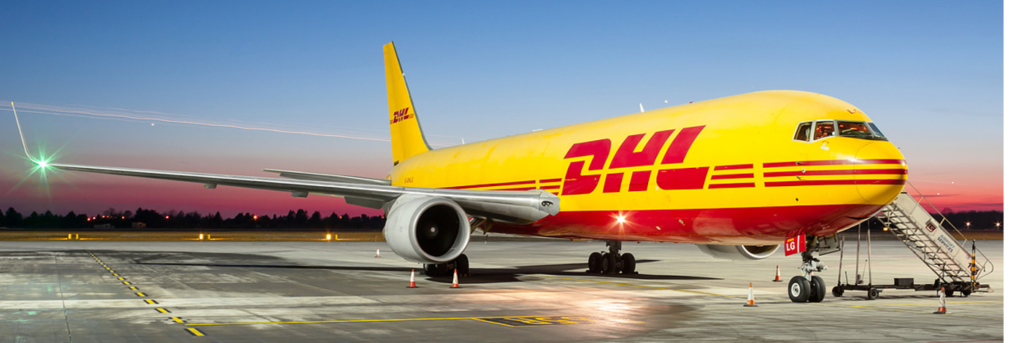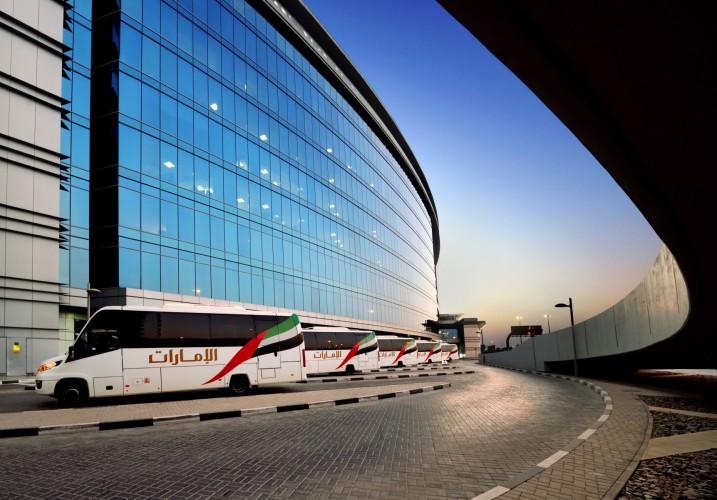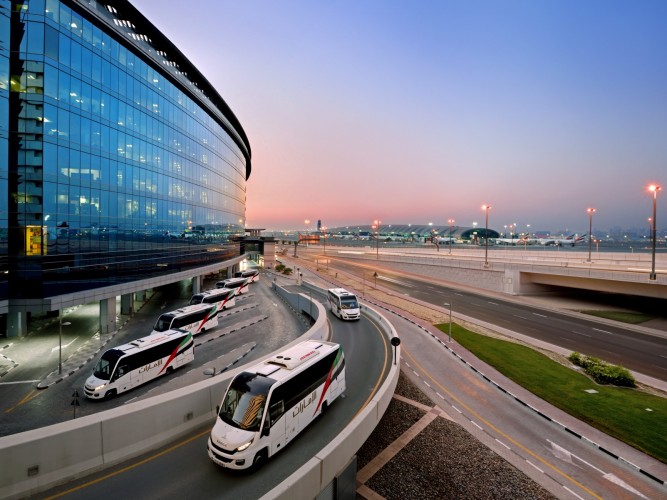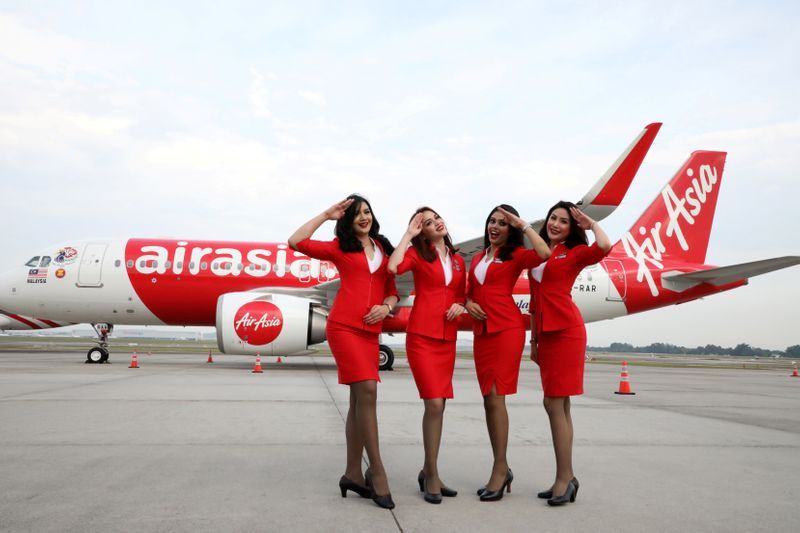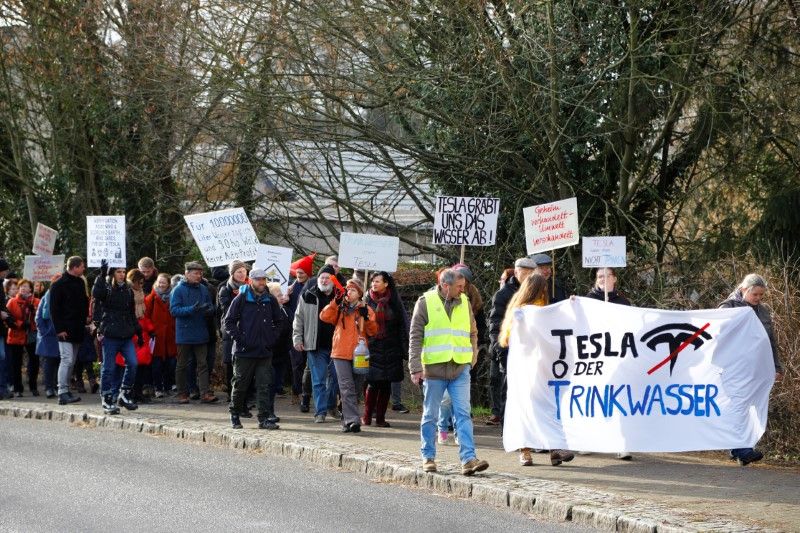The Qantas Group’s (OTC: QABSY) first Airbus A220 aircraft has started construction, marking a key milestone for the Group as its fleet renewal program ramps up.
The aircraft’s major airframe components, including the centre and rear fuselage, are coming together at Airbus’ production facility in Mirabel, Canada, with the first of 29 aircraft expected to arrive in Australia before the end of the year. As the first A220 to be operated in Australia, the aircraft will undergo regulatory approvals, airport readiness and training activities before it joins the QantasLink fleet in early 2024. QantasLink has also commenced training its pilots to operate the new aircraft.
The next generation A220s will gradually replace QantasLink’s Boeing 717 fleet which operate routes across Australia.
The first QantasLink A220 will operate flights between Melbourne and Canberra, with subsequent aircraft to be deployed to other parts of the regional and domestic network. With double the range of the 717, the A220 is also expected to open up new domestic and short-haul international routes as more aircraft enter the fleet.
With production now in full swing, the Qantas Group is calling on Australians to help name its fleet of new A220s, based around the theme ‘native wildlife’.
From today, Australians can nominate up to six names via a dedicated page on qantas.com. A shortlist will then be released so the public can vote for their favourites before the final names are revealed.
Qantas ran a similar competition to name its Boeing 787 Dreamliner fleet with iconic Australian names in 2017, with more than 10,000 submissions received.
QantasLink CEO John Gissing said the production milestone marked an important step in the renewal of the airline’s fleet.
